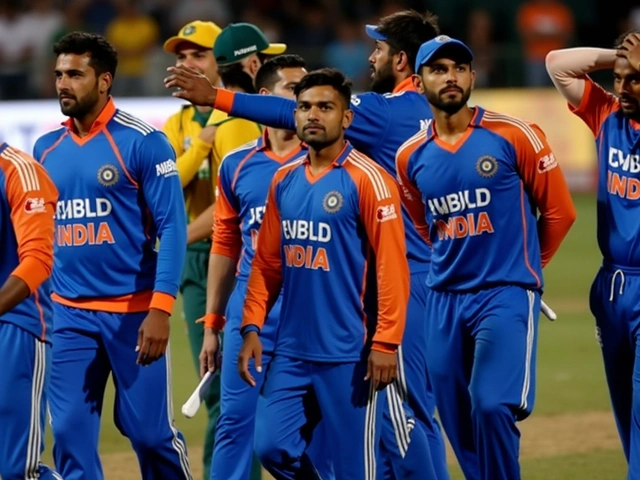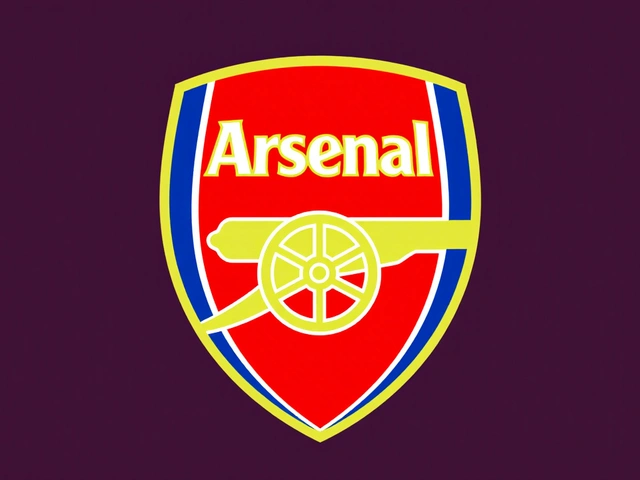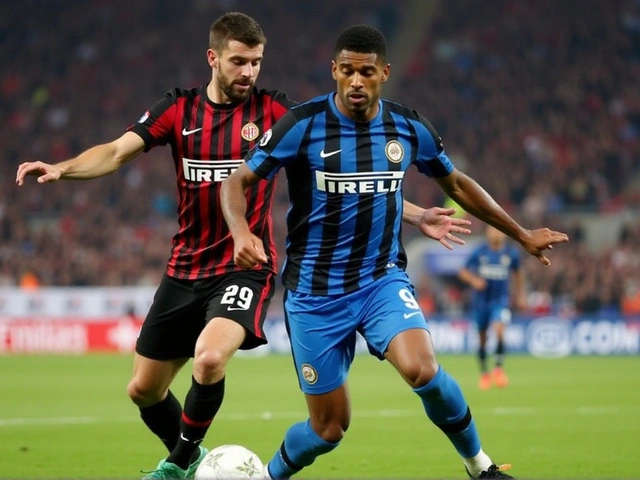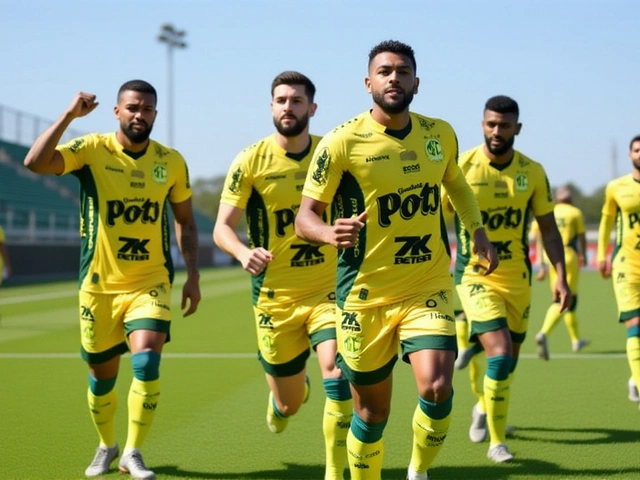AFCON – Africa’s Premier Football Tournament
When talking about AFCON, the African Cup of Nations, the continent’s flagship football competition held every two years. Also known as African Cup of Nations, it brings together national squads, fans, and the CAF, the Confederation of African Football that runs the event. The journey to the finals starts with a qualification phase where dozens of nations fight for a limited number of spots.
AFCON isn’t just a series of matches – it’s a cultural festival. Each edition showcases local music, cuisine and traditions, turning host cities into temporary capitals of African pride. The tournament’s schedule usually runs for about three weeks, with a group stage that narrows down to knockout rounds. Fans often plan travel weeks in advance because the atmosphere in stadiums like Cairo’s International Stadium or Johannesburg’s Soccer City is unlike any other competition.
One key player in the whole setup is the host nation. CAF awards the right to host after a bidding process that evaluates stadium quality, transportation links and security plans. Winning the bid means massive investment in infrastructure: new stands, upgraded pitch drainage, and sometimes even entire city‑wide transport upgrades. In return, host countries see a short‑term tourism boom and long‑term legacy benefits, such as improved sports facilities that local clubs can use for years.
The qualification format itself has evolved. Currently, 54 CAF members are split into several groups, each playing home‑and‑away fixtures. Group winners earn automatic spots, while the best runners‑up fill the remaining slots. This structure ensures that every match counts, giving smaller nations a realistic shot at a surprise qualification – a dynamic that fuels the tournament’s drama.
Beyond the games, AFCON drives economic activity. Media rights, sponsorship deals, and merchandise sales generate millions that flow back into the football ecosystem. Companies like Coca‑Cola and TotalEnergies vie for exposure, while broadcasters negotiate multi‑year contracts to reach millions of African viewers. Even the betting industry sees a spike, with local bookmakers reporting record turnover during the tournament weeks.
Player development is another side effect. Young talents get a stage to impress scouts from European clubs, turning a good AFCON performance into a big transfer. Look at the rise of players like Sadio Mané or Riyad Mahrez – their breakthrough came after shining at AFCON. This talent pipeline keeps African football competitive on the world stage.
What to Expect From This AFCON Collection
Below you’ll find a mix of match reports, analysis pieces, and behind‑the‑scenes stories that capture the excitement of AFCON. Whether you’re after the latest qualification upset, a deep dive into host‑city preparations, or a profile of a rising star, the posts here give you a front‑row seat to the tournament’s many layers.
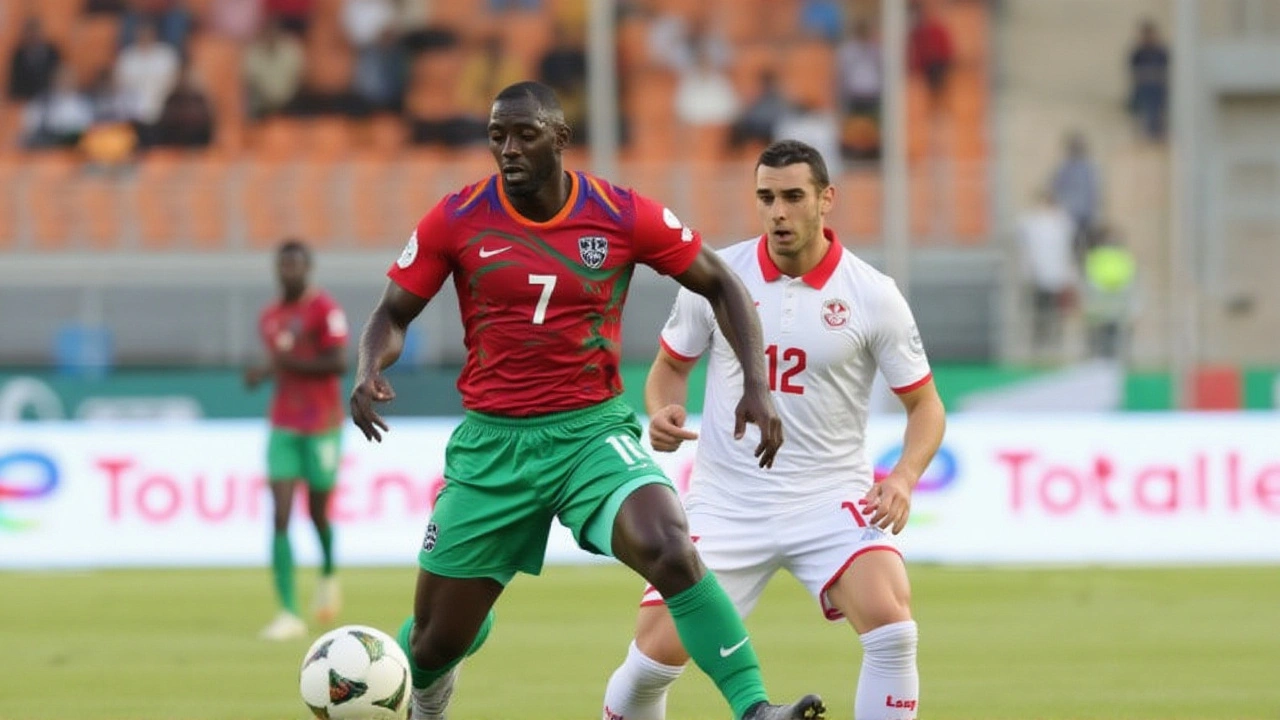
Namibia Stuns Tunisia 1-0 for Historic AFCON Victory
Namibia's Brave Warriors, led by young coach Collins Benjamin, stunned 28th‑ranked Tunisia 1‑0 on Jan 16, 2024, earning their first AFCON win and topping Group E.
